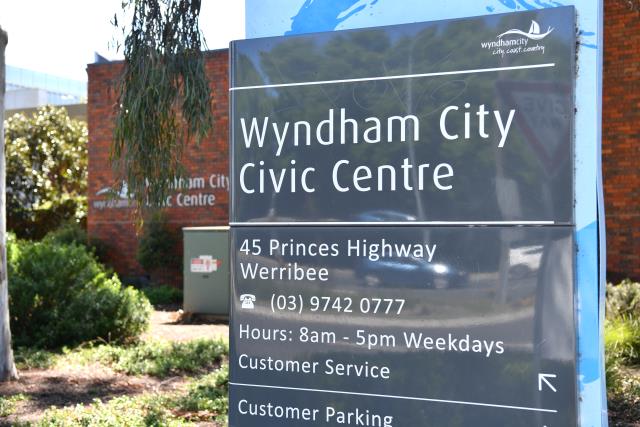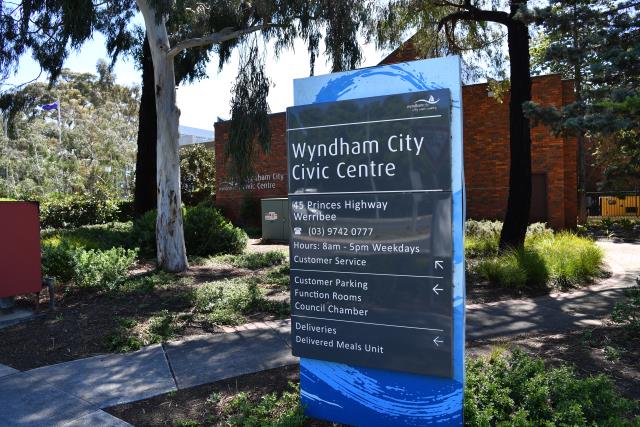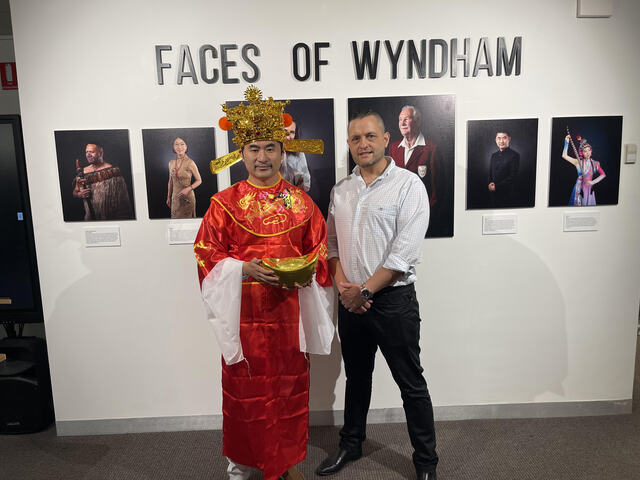An investigation into last year’s Wyndham council elections has revealed that two people were unaware they had been enrolled as official candidates.
The long-awaited report from the Local Government Investigations and Compliance Inspectorate, published today, said the circumstances surrounding the pair’s nomination remained under active investigation.
The report also said the Inspectorate had discovered a set of circumstances where two election candidates had been “deceived into nominating on the premise of a benefit”.
It is unclear whether these two candidates are the same as the pair who remain under active investigation.
The report said it was “an exceptionally complex matter” and that no more details could be provided as investigations were continuing “to determine if a prosecutable case exists”.
Out of the 95 candidates who stood in last November’s Wyndham council election, the Inspectorate identified 10 candidates who “were found to have certain behaviours” which raised questions about whether they were genuine candidates or not.
The report said this included “dubious entitlement” and the fact these people engaged in no active campaigning.
The report said that those 10 candidates were from “two loosely aligned groups”.
According to the report, the two groups were connected through a principal election candidate, with nominations which appeared “solely for the purpose of supporting the election of the principal candidate”.
Although some of the candidates were the subject of “an extensive investigation for false nomination” the report said the Inspectorate could not gather enough evidence to satisfy a criminal prosecution.
But the report said a second group of candidates remained under active investigation “…with a strong likelihood of serious charges for the principal candidate of this group”.
The Inspectorate did not name any candidates in its 12-page report.
Out of the 10 people, the Inspectorate’s investigation revealed two cases of “suspicious entitlement” – where candidates enrolled shortly before close of the election’s entitlement period, using addresses which did not appear genuine.
One of these candidates was a former employee of another candidate (referred to as “candidate A”) who was also standing in the election.
The report said the candidate updated their address to claim a residential entitlement in Wyndham, just three days before the entitlement period closed.
The residential entitlement related to a small bungalow behind a larger residence, which was associated with candidate A.
The report said the candidate maintained a primary residence which was a significant distance from Wyndham.
The report said that the Inspectorate believed this candidate was running in support of their former employer, with no intention of being elected.
The second candidate who was identified as having a “dubious entitlement” changed their residential address 13 days before the entitlement period ended, using a Wyndham address also associated with candidate A.
According to the report, the property was found to be “in a dilapidated state with no electricity or water connection and considered uninhabitable.”
This candidate was also found to be maintaining another residence, in a municipality a significant distance from Wyndham, and conducted no election campaign.
Both of these candidates listed “candidate A” as their second voting preference, in their candidate statements.
But the report said that the Inspectorate was unable to reach the “evidentiary threshold” needed to initiate a criminal prosecution for false nomination, against either of the candidates.
The report said that both of the candidates exercised their right to not be interviewed by the Inspectorate.
During last year’s general council elections, the Inspectorate’s office received 21 formal complaints related to the activities of candidates in the Wyndham election.
The investigation included the examination of campaign material, media articles, social media posts, documents and interviews with 90 of the 95 Wyndham election candidates.
Of the five remaining candidates, three exercised their rights to not be interviewed and one was travelling for the duration of the investigation but provided information.
The report said that the remaining candidate “remains a person of interest in a matter yet to conclude”.


















